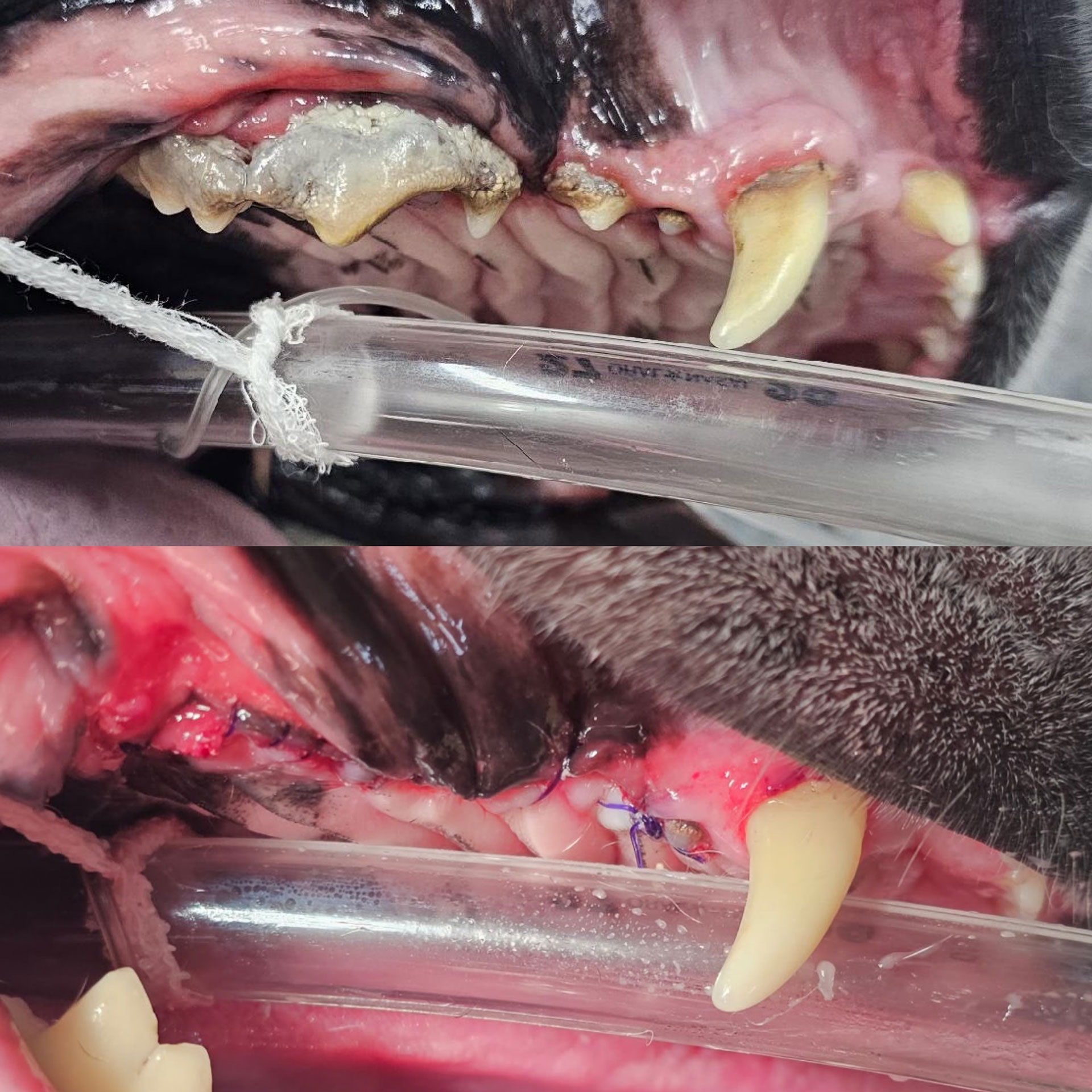Dental disease is one of the most common—and most overlooked—health issues in cats and dogs, often developing by the time pets are just 3 years old. Without proper care, harmful bacteria can slip below the gumline, leading to painful inflammation, infection, and damage to the teeth and surrounding tissue.
If left untreated, dental disease can do more than just affect your pet’s mouth—it can also impact their kidneys, liver, and heart, reducing their overall quality of life. The good news? Dental disease is preventable. With regular dental cleanings and at-home care, you can help protect your pet’s health from tooth to tail.

